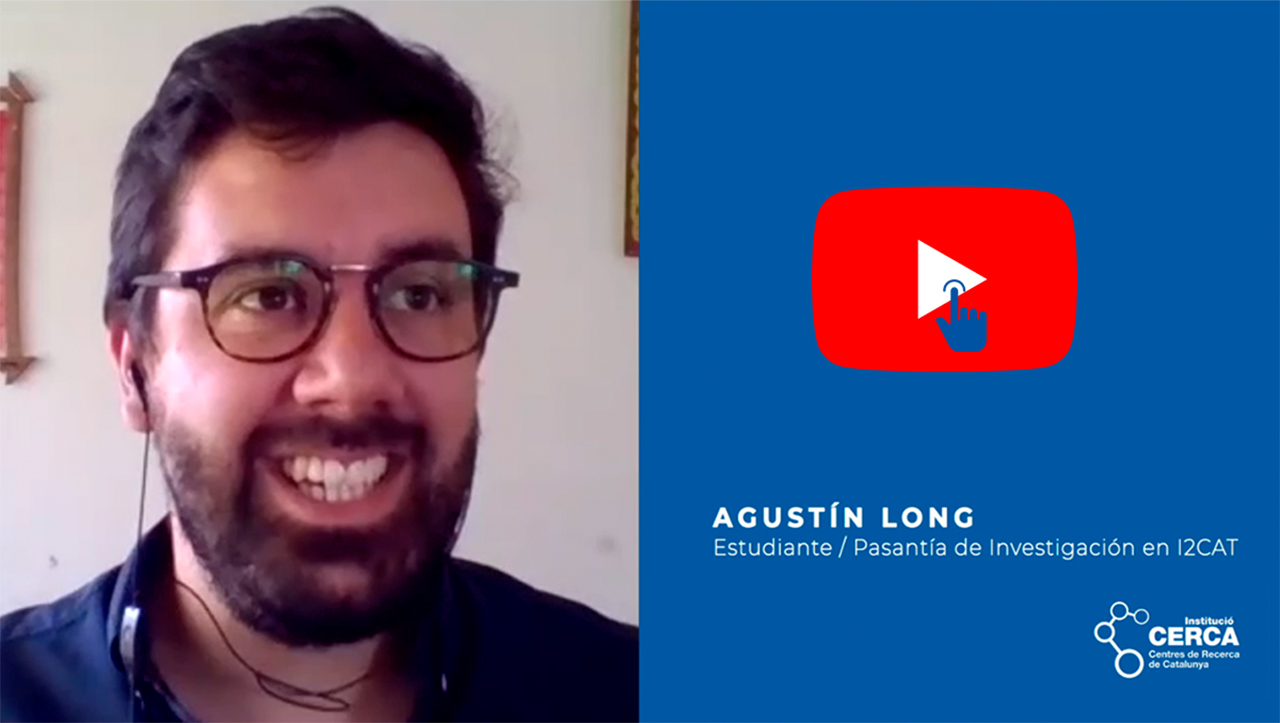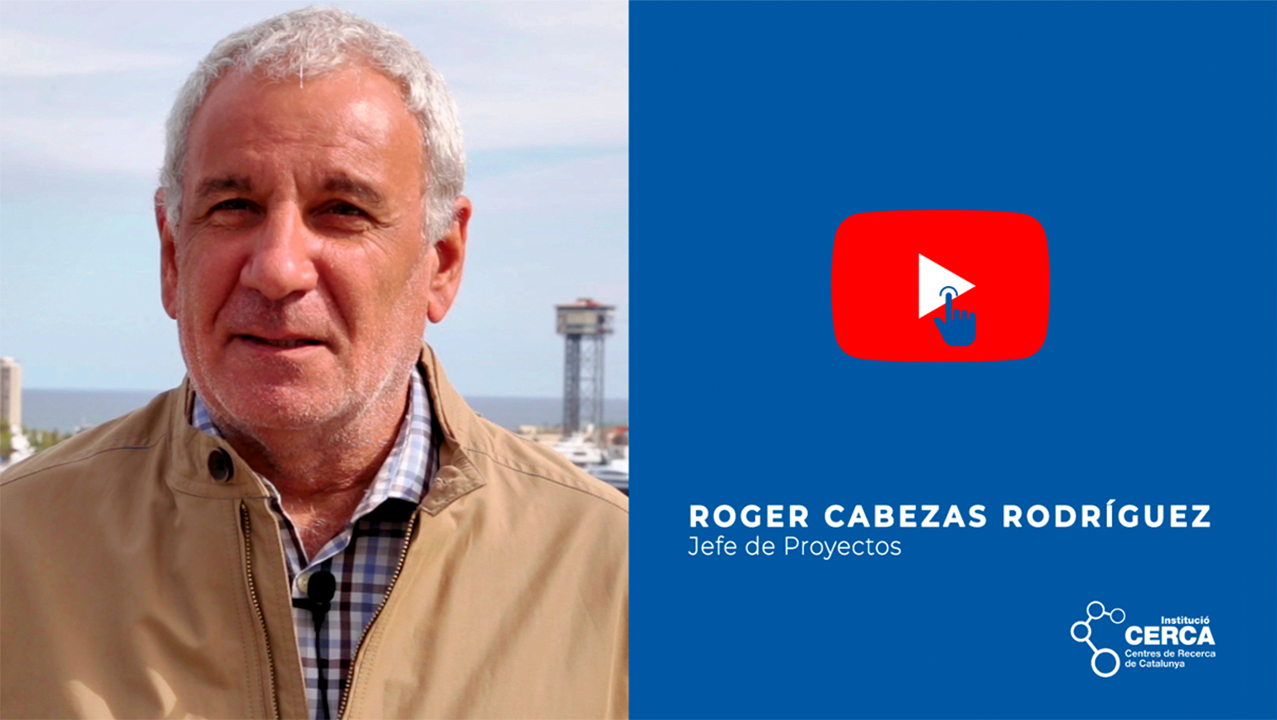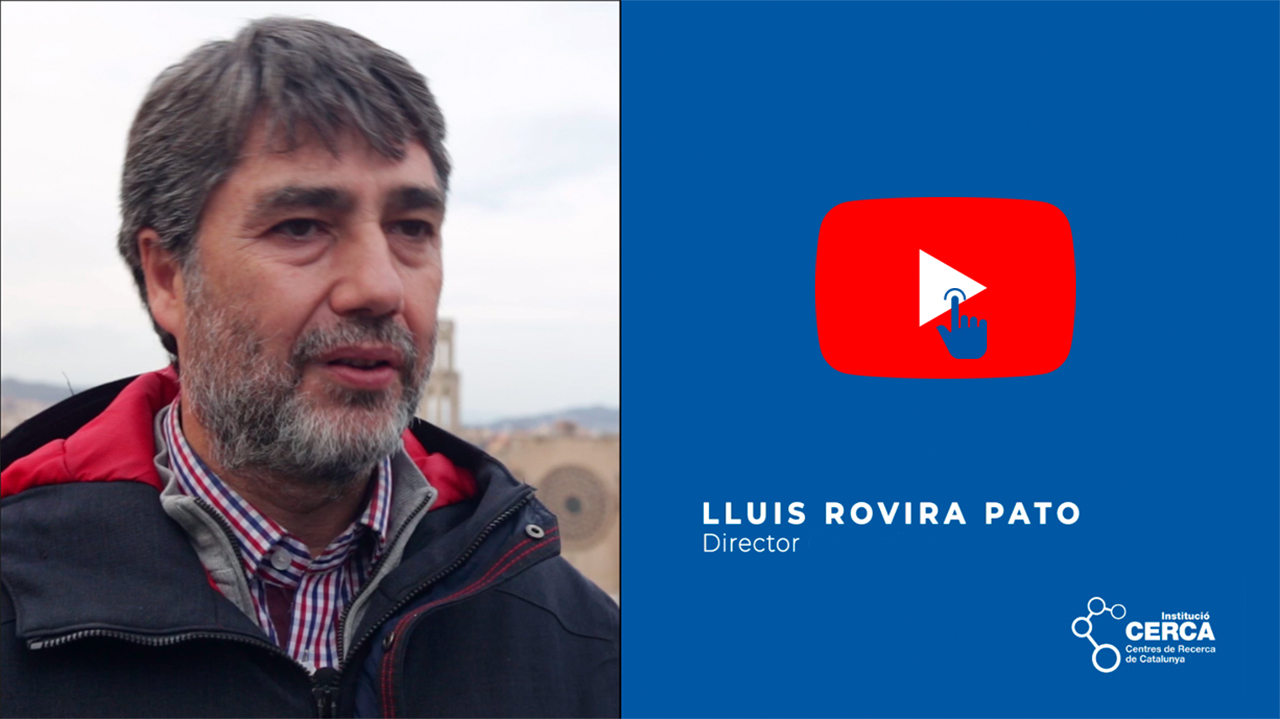There is no advertising on the CERCA website and we do not do personalized tracking. We only use our own and third-party cookies to analyse our services. For more information, see the cookies policy.
You can accept all cookies by pressing the "Accept" button, reject their use by pressing the "Reject" button, and configure them by pressing the "Configure" button.
L'emmagatzematge o accés tècnic és estrictament necessari amb la finalitat legítima de permetre l'ús d'un determinat servei sol·licitat explícitament per l'abonat o usuari, o amb l'única finalitat de realitzar la transmissió d'una comunicació a través d'una xarxa de comunicacions electròniques.
The technical storage or access is necessary for the legitimate purpose of storing preferences that are not requested by the subscriber or user.
L'emmagatzematge o accés tècnic que s'utilitza exclusivament amb finalitats estadístiques.
The technical storage or access that is used exclusively for anonymous statistical purposes. Without a subpoena, voluntary compliance on the part of your Internet Service Provider, or additional records from a third party, information stored or retrieved for this purpose alone cannot usually be used to identify you.
L'emmagatzematge tècnic o l'accés són necessaris per crear perfils d'usuari per enviar publicitat o per fer el seguiment de l'usuari en un lloc web o en diversos llocs web amb finalitats de màrqueting similars.




